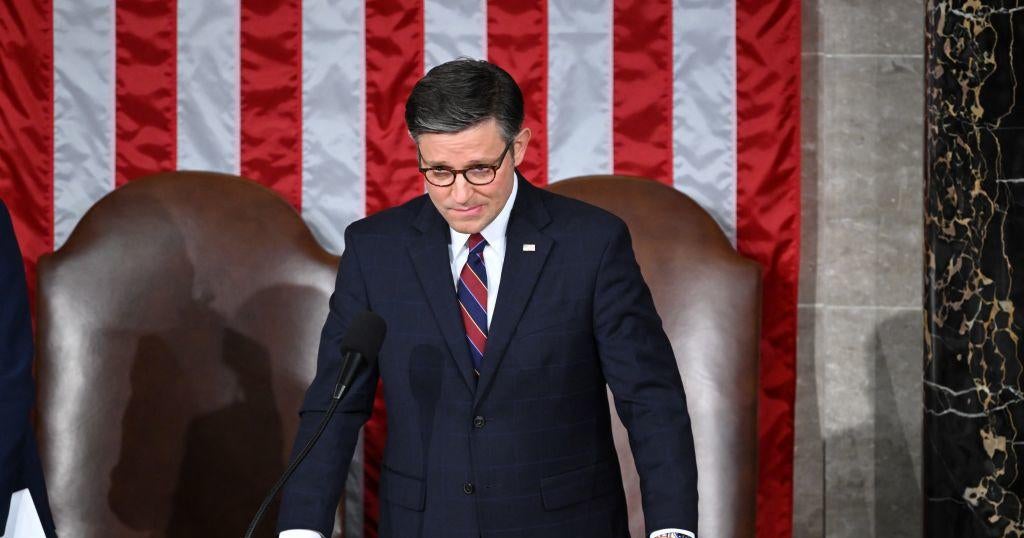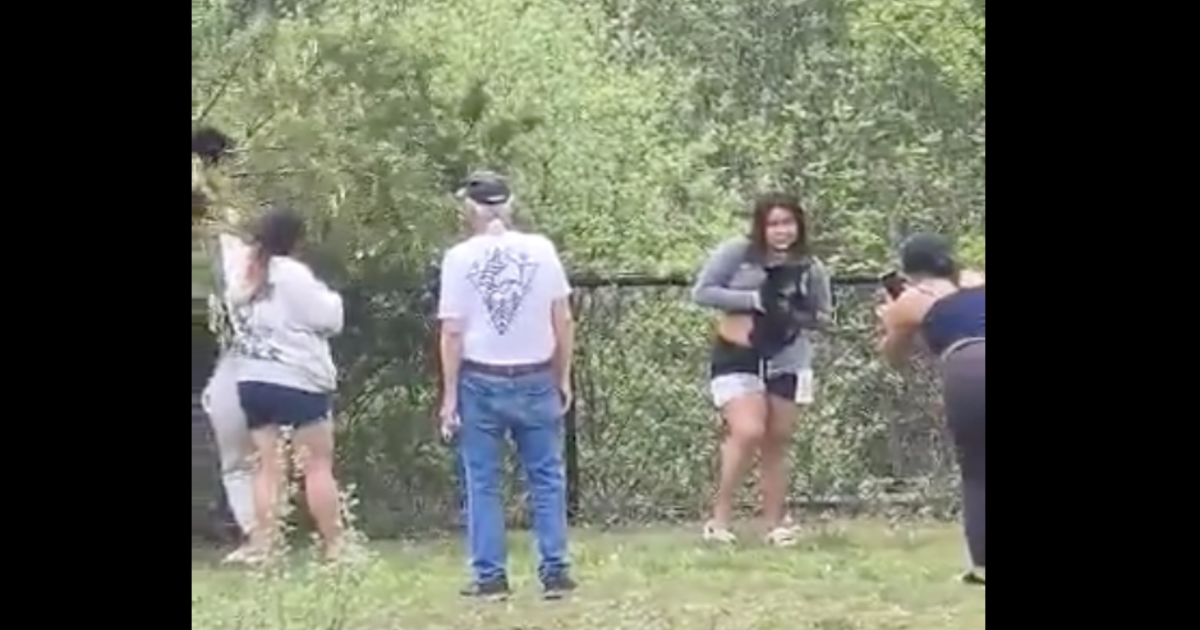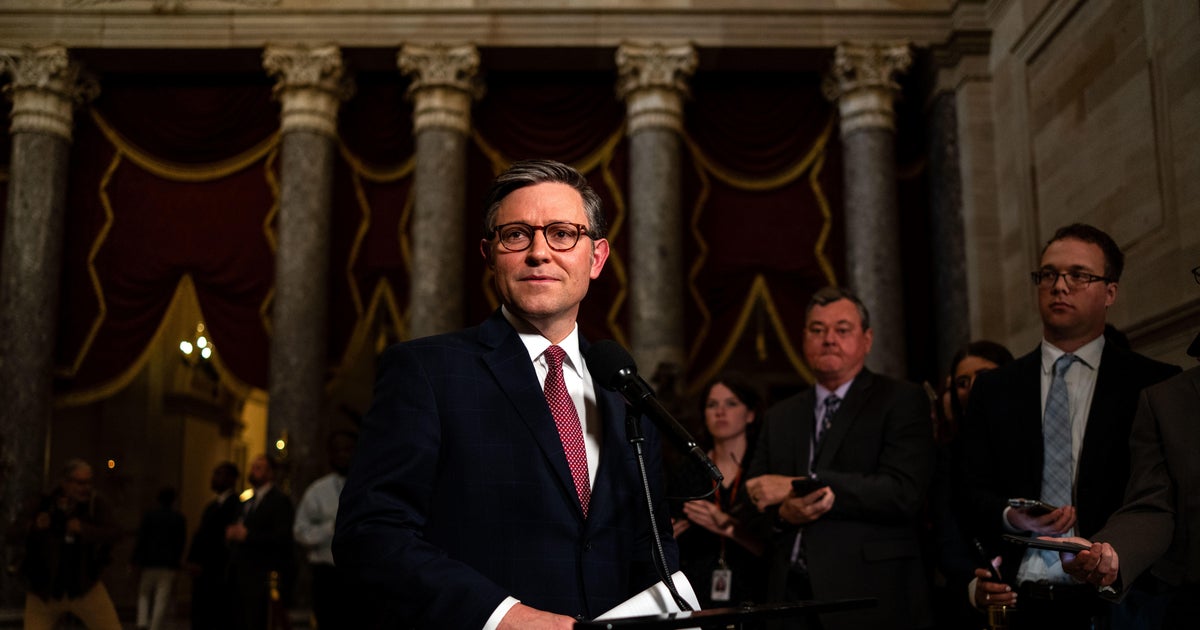Daughter of deceased GOP redistricting expert releases trove of documents
Washington — The daughter of a deceased Republican redistricting expert whose files roiled legal challenges to North Carolina's state voting map and the Trump administration's efforts to add a citizenship question to the 2020 census has made those documents available to the public.
The records belonged to GOP strategist Thomas Hofeller, who died in August 2018, and were discovered by Stephanie Hofeller following his death. In all, Stephanie Hofeller stumbled upon thousands of files stored on four hard drives and 18 thumb drives.
Republicans in North Carolina and Thomas Hofeller's former company have sought to block the release of the cache of records, which include spreadsheets, maps, emails and presentations. But last month, Stephanie Hofeller announced on Twitter she made copies of the documents and would upload them to TheHofellerFiles.com. She tweeted a link to the records Sunday.
The files were revealed for the first time in court filings last year as part of a legal challenge to North Carolina's state legislative districts drawn by Republicans. Common Cause, a government watchdog group, argued the map was a partisan gerrymander designed to keep Republicans in power.
In September, a panel of state judges struck down the voting lines and cited in their 357-page ruling some of Hofeller's computer records, which showed the legislative districts were drawn to give the GOP an electoral edge.
The files were also used in legal fights challenging the Trump administration's efforts to ask about citizenship on the upcoming census.
Groups opposing the administration's attempt to ask about citizenship said the files showed Hofeller played a role in orchestrating the addition of the citizenship question, which would create an electoral advantage for "Republicans and Non-Hispanic whites." The Commerce Department, however, said it needed to add the citizenship question to ensure better enforcement of the Voting Rights Act.
The new evidence was revealed as the Supreme Court was considering the legality of President Trump's attempt to add a citizenship question to the 2020 census. In a 5-4 ruling in June, the high court found the Trump administration's justification for adding the question to the decennial population count insufficient. Mr. Trump then abandoned his effort to include the question on the census in July and said it would collect citizenship information through other means.



